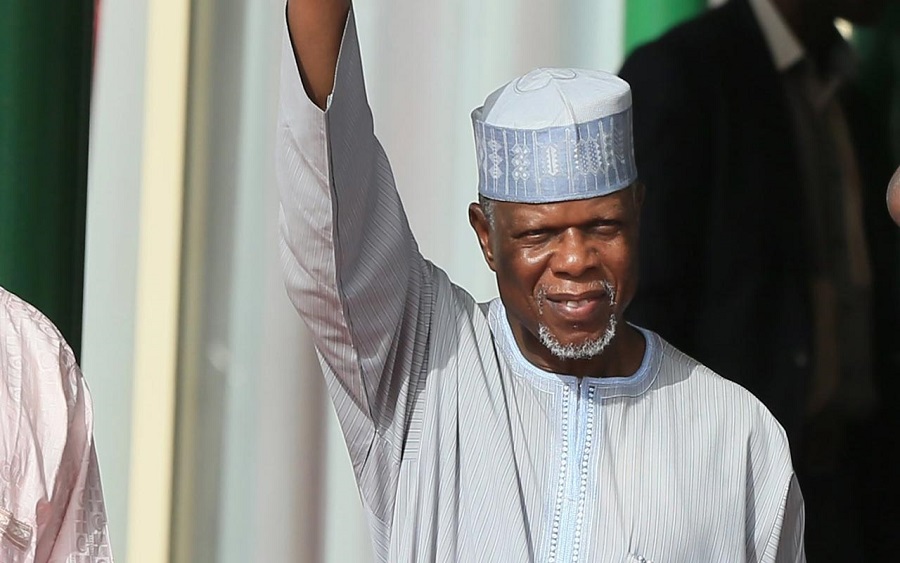Countries within the Economic Community of West African States, ECOWAS, sub-region have started dumping and rejecting Nigerian goods in retaliation against the border closure effected by President Muhammadu Buhari.
This development has reportedly had adverse effects on exporters in the country who have lost a lot as there is no longer cooperation between other countries and Nigeria.
The Chief Executive Officer of an export-oriented institution, Multi-mix Academy, Obiora Madu, while speaking to Vanguard said that the export of Nigerian goods within the ECOWAS region had decreased due to the border closure.

“It is definitely impacting negatively on the economy as the exports done within the ECOWAS region and our neighbouring countries are now in decrease. These countries that benefit from the open border, since we have closed it, even though we used to export to them before, you don’t expect to get the level of cooperation that we are getting before because they are hit hard by these closed borders,” Madu said.
Madu also made known that the border closure has made exporting very difficult as goods now go under careful examinations before they are allowed to leave the country. This he said killed the volume and speed at which goods go out unlike before.
[READ MORE: Patronage of Ghanaian goods spike despite border closure]
More negative impacts of border closure: Ofon Udofia, another stakeholder in the export scene, said that the country’s revenue was dwindling because most of the country’s products have West African countries as export destinations and now that they are no longer accepting the products, the money gotten from exporting goods has reduced.
He added that making use of the waterways to transport the goods is not yet feasible as Nigeria doesn’t have any national vessels that ply the Western Coast.
Speaking further, Udofia blamed the government for not planning ahead of time before taking drastic decisions on such sensitive economic policy.
“This is not what you do overnight because we are unprepared. Shipping is not like going to a market to buy a trailer, it goes beyond that. We are talking about shipping line that will be going across West and Central Africa which we don’t have, and its possibility is still in question,” he said.














